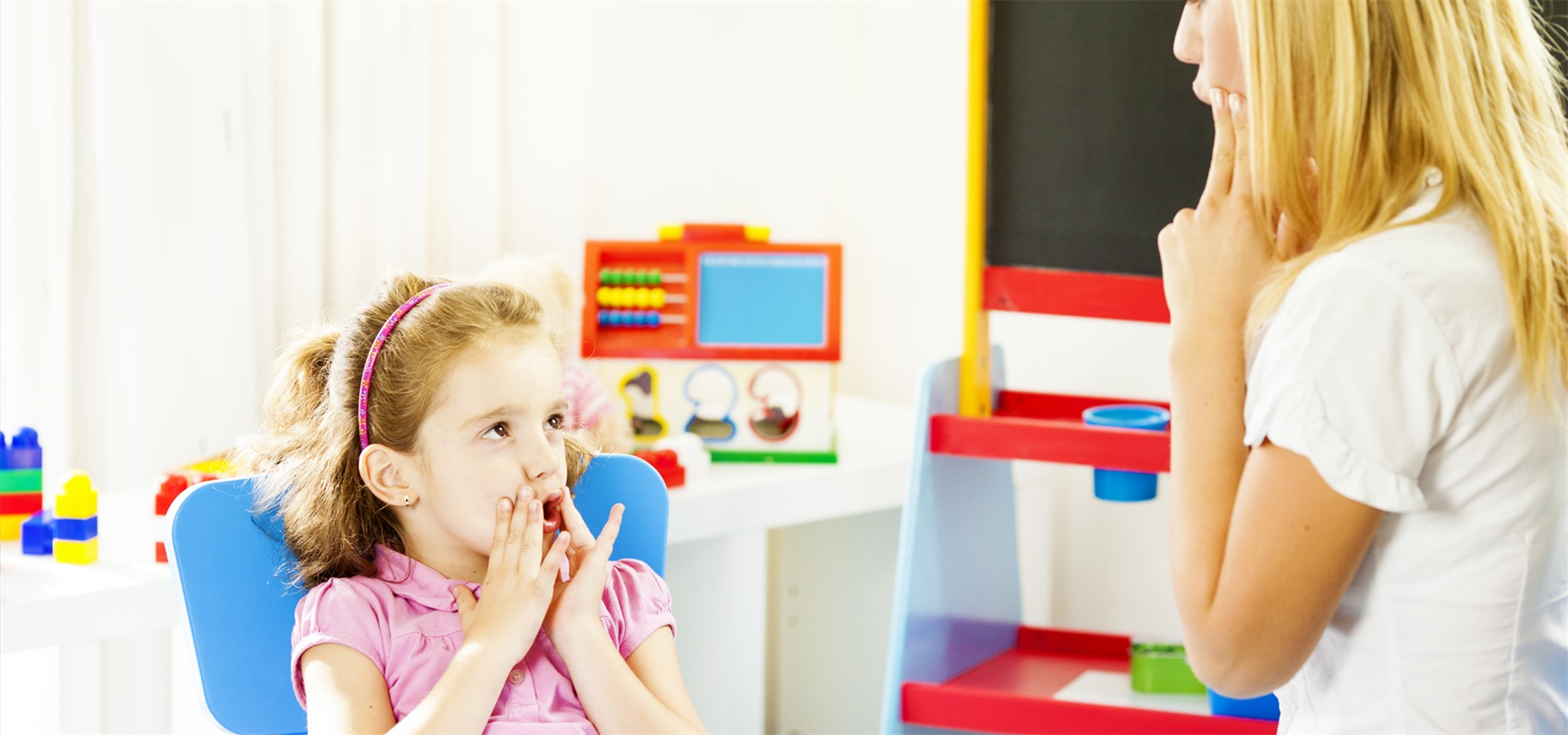Speech, a fundamental aspect of human communication, is a gateway to expression, connection, and understanding. For some children, however, the development of speech can present challenges that hinder effective communication. Enter speech therapy, a specialized intervention designed to unlock the potential of young voices. In this comprehensive blog post, we'll explore the nuances of speech therapy for children—its principles, benefits, practical applications, and the transformative impact it can have on a child's journey towards effective and confident communication.
Understanding Speech Therapy for Children:
Speech therapy, also known as speech-language therapy, is a therapeutic intervention aimed at addressing and improving communication and speech-related challenges in children. These challenges can range from difficulties with articulation and language development to issues with voice modulation and fluency. The primary goal of speech therapy is to help children overcome these obstacles, fostering clearer communication and enhancing their overall language skills.
Principles of Speech Therapy for Children:
- Individualized Assessment: Speech therapists conduct thorough assessments to understand a child's specific speech and language challenges. These assessments consider factors such as articulation, phonology, language comprehension, and social communication skills.
- Goal-Driven Intervention: Based on the assessment, speech therapists develop individualized goals tailored to the child's needs. These goals may target improving articulation, expanding vocabulary, enhancing sentence structure, or addressing fluency issues.
- Multi-Modal Approaches: Speech therapy employs a variety of techniques and activities to engage children in the learning process. These may include games, interactive activities, storytelling, and the use of visual aids to create a dynamic and engaging therapeutic environment.
- Family Involvement: Recognizing the importance of a child's environment, speech therapists often involve family members in the therapeutic process. This collaboration helps extend speech and language practice beyond therapy sessions, creating a supportive environment for the child's development.
Benefits of Speech Therapy for Children:
- Improved Articulation: Speech therapy addresses difficulties with articulation, helping children pronounce sounds and words more accurately. This improvement contributes to clearer and more intelligible speech.
- Enhanced Language Development: Children may receive support in expanding their vocabulary, understanding sentence structure, and developing language comprehension skills. Speech therapy helps bridge gaps in language development, promoting effective communication.
- Increased Social Communication Skills: For some children, challenges in social communication may arise. Speech therapy focuses on improving these skills, including turn-taking, maintaining eye contact, and understanding social cues, fostering more successful interactions with peers and adults.
- Fluency Support: Children experiencing fluency issues, such as stuttering, can benefit from speech therapy interventions. Therapists work to reduce disfluencies and provide strategies for smoother, more confident speech.
Practical Applications in Speech Therapy for Children:
- Articulation Exercises: Speech therapists often engage children in articulation exercises that target specific sounds or speech patterns. These exercises may involve repetition, modeling, and interactive games to make practice enjoyable.
- Language Games and Activities: Interactive games and activities help children expand their vocabulary, practice sentence formation, and enhance language comprehension. These activities are designed to be engaging, fostering a positive learning experience.
- Visual Aids and Cue Cards: Visual aids, such as cue cards and pictures, can assist children in understanding and producing specific sounds or words. These aids provide a visual reference and support memory recall during speech practice.
- Storytelling and Role-Playing: Storytelling and role-playing activities help children practice communication in a context-rich environment. These activities encourage creativity, expression, and the application of learned speech and language skills in real-life scenarios.
- Social Communication Practice: Speech therapists may organize activities that simulate social interactions, allowing children to practice turn-taking, asking questions, and maintaining appropriate conversational flow. These exercises contribute to the development of effective social communication skills.
Conclusion:
Speech therapy for children is a transformative journey that goes beyond the mechanics of speech. It is a pathway to empowerment, providing children with the tools they need to express themselves confidently, connect with others, and navigate the world of communication successfully. By embracing the principles of individualized assessment, goal-driven intervention, multi-modal approaches, and family involvement, speech therapy becomes a dynamic and personalized experience for each child. As we celebrate the progress and victories along the way, we recognize the profound impact speech therapy has on nurturing the voices of young individuals, allowing them to share their thoughts, dreams, and unique perspectives with the world.

